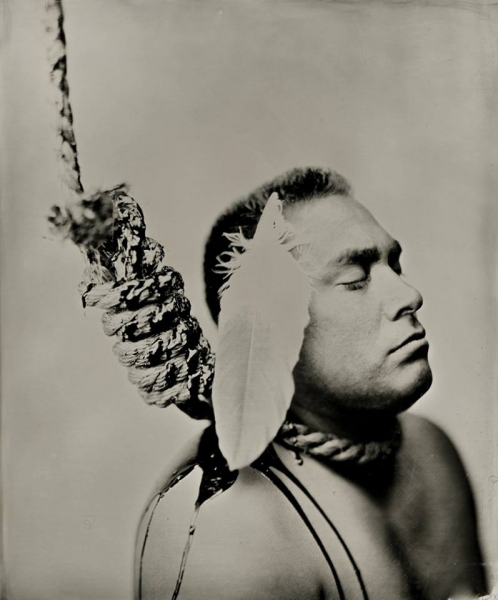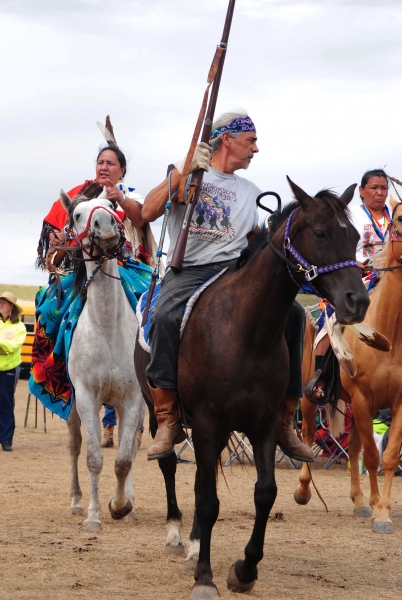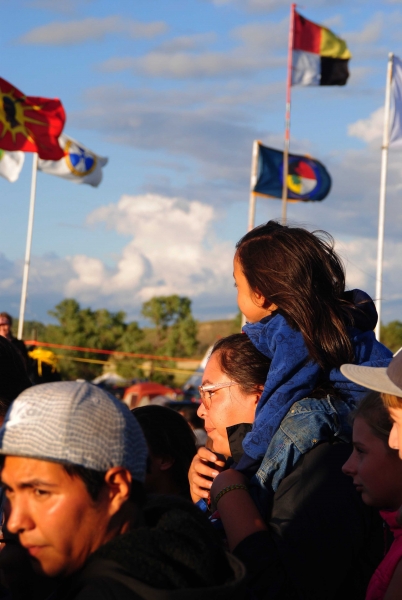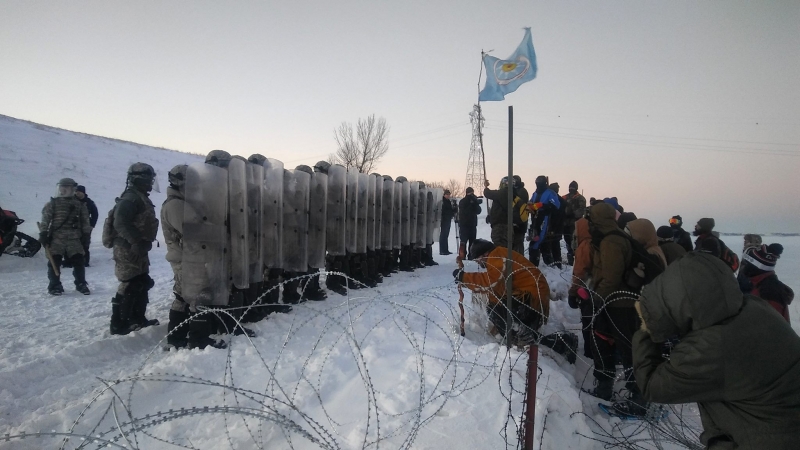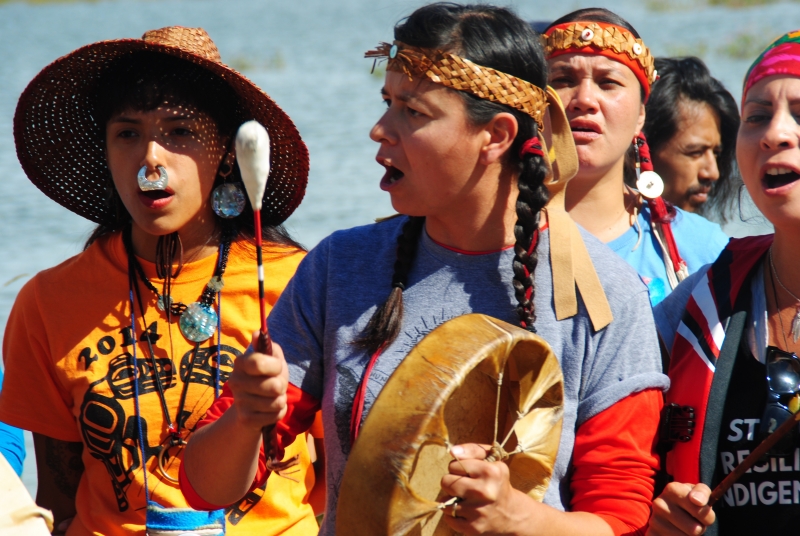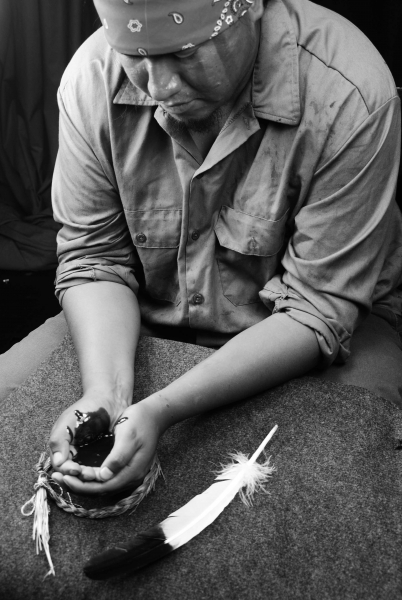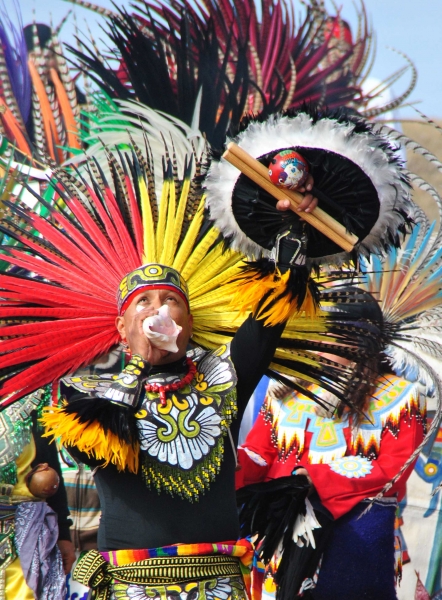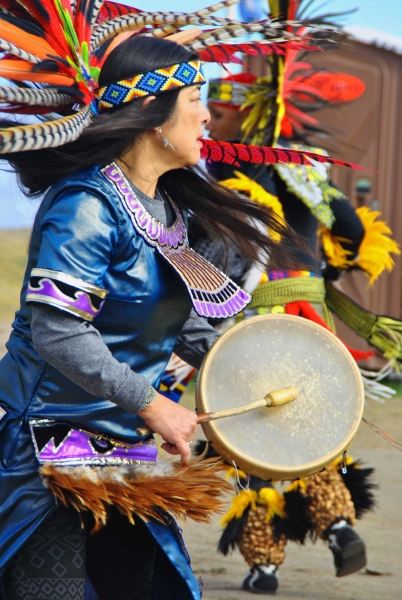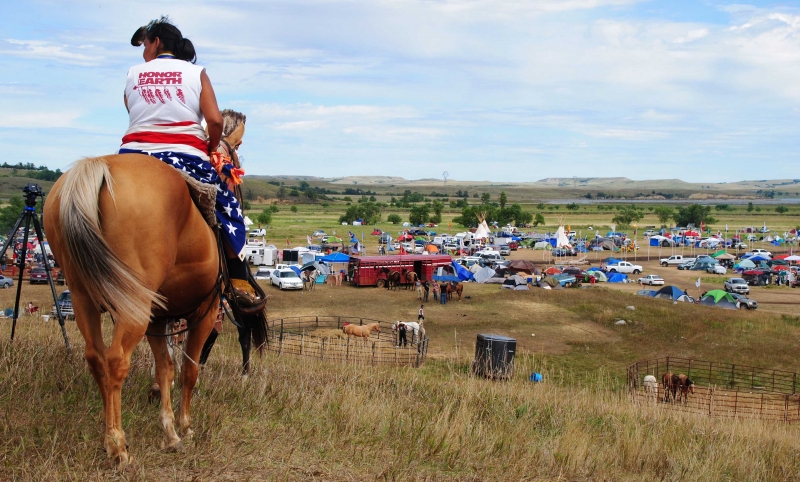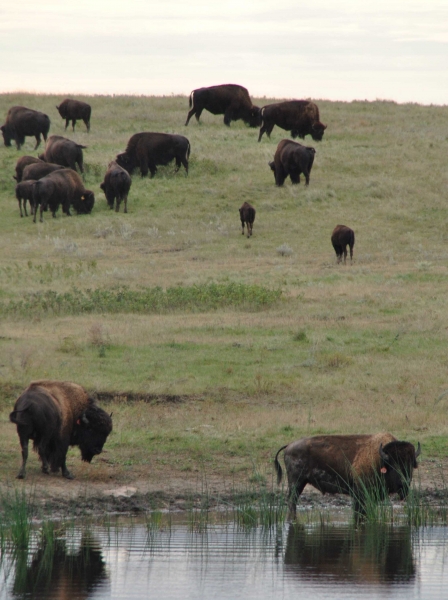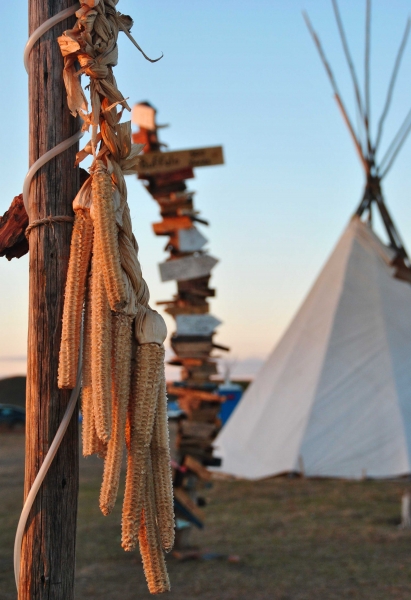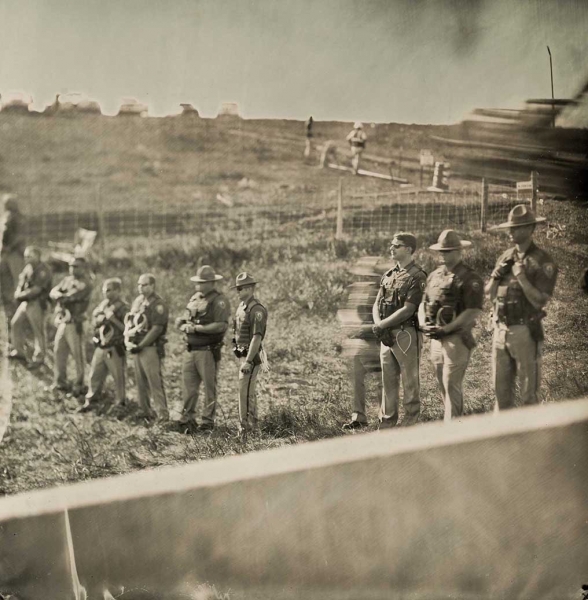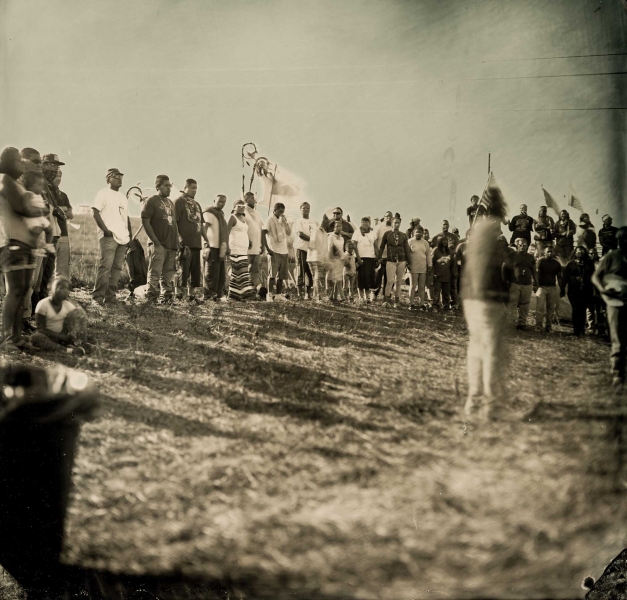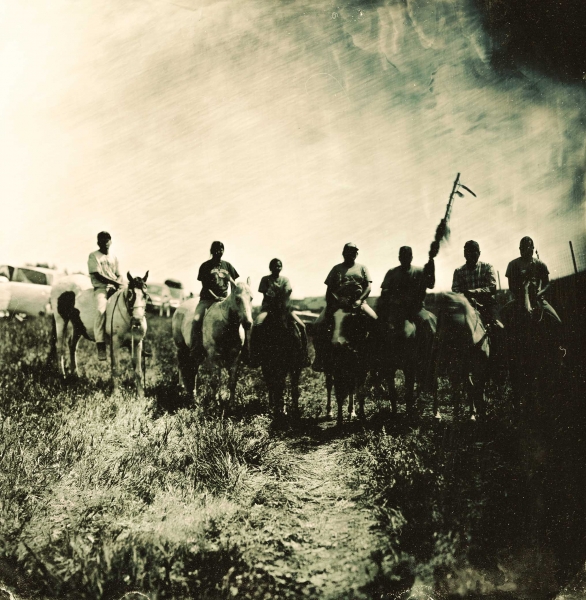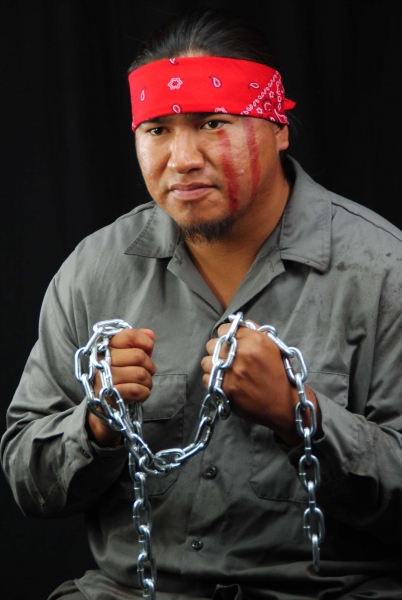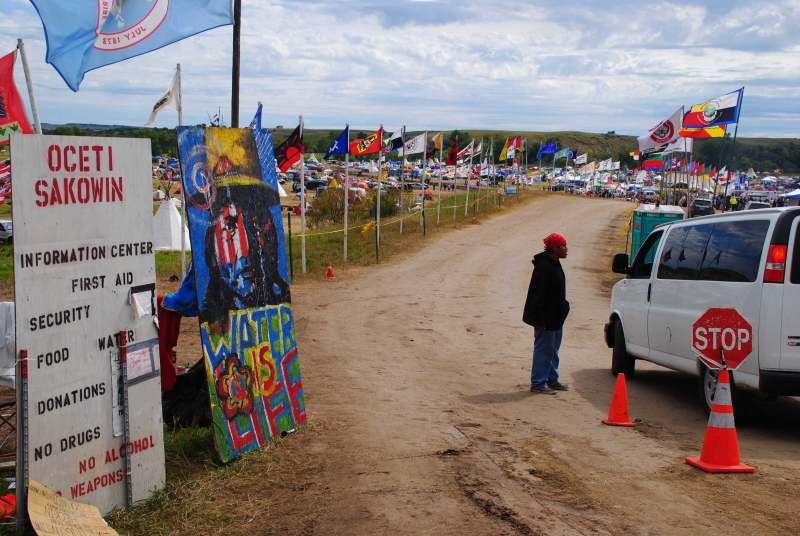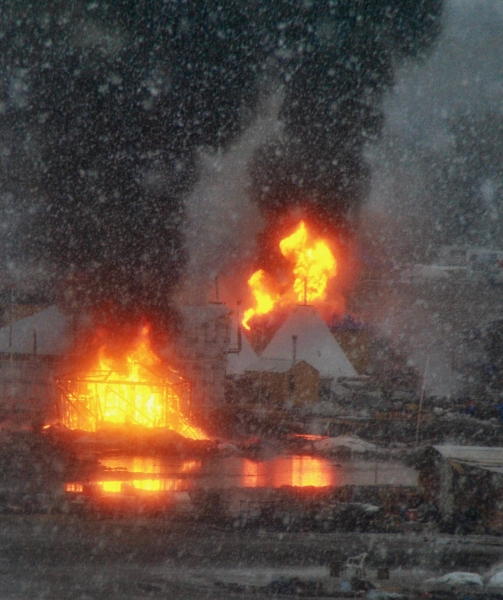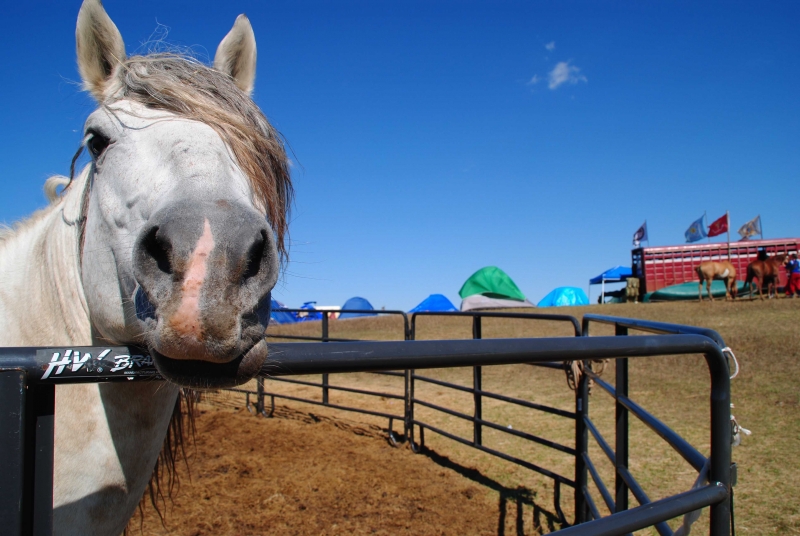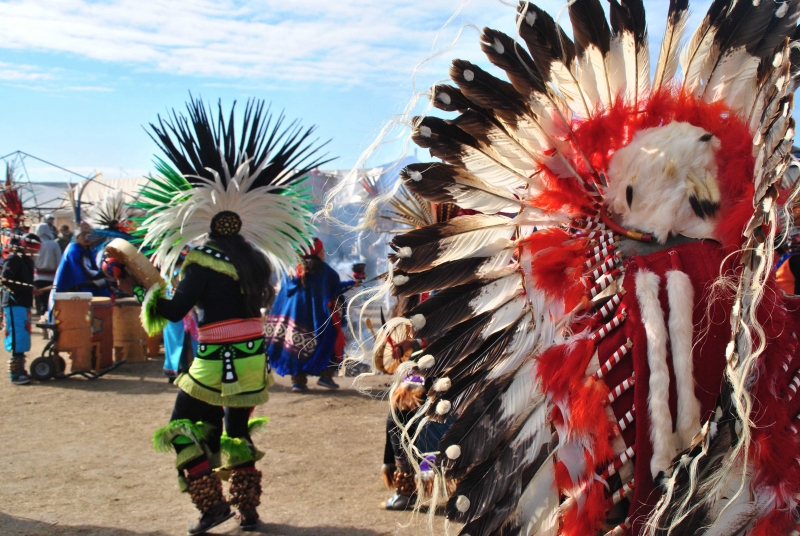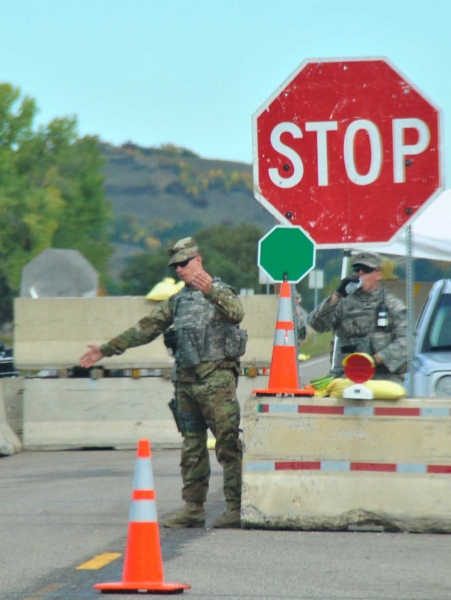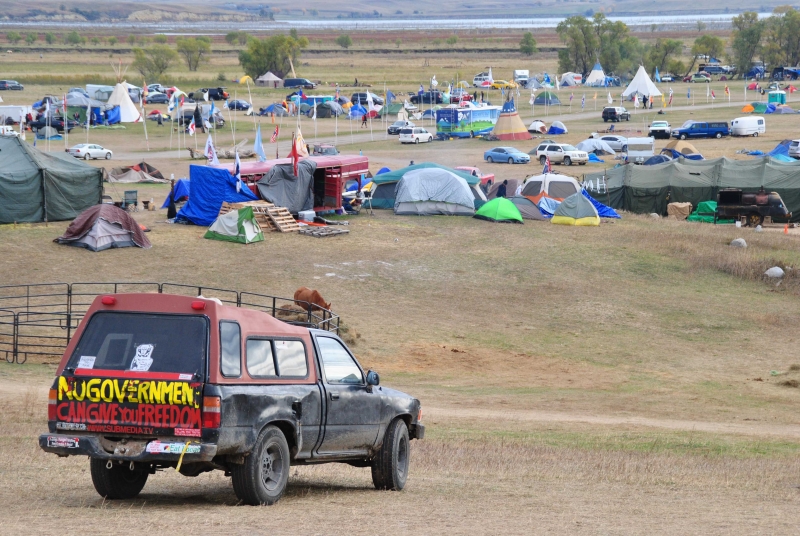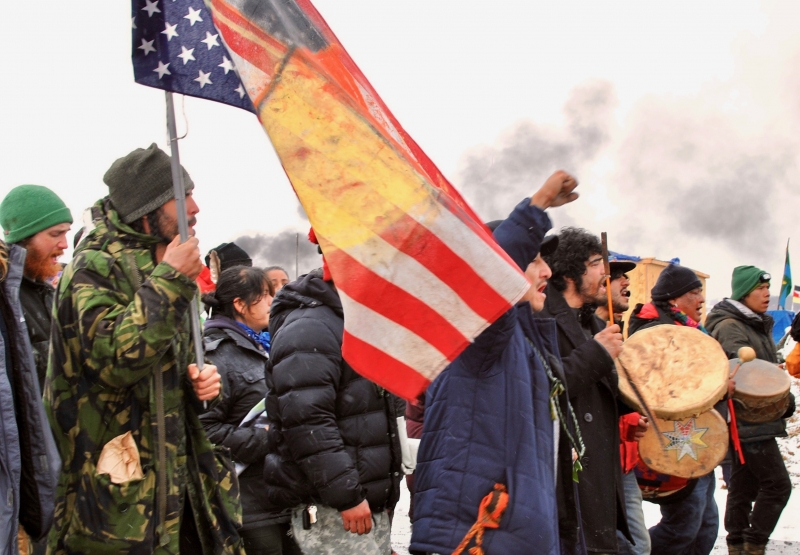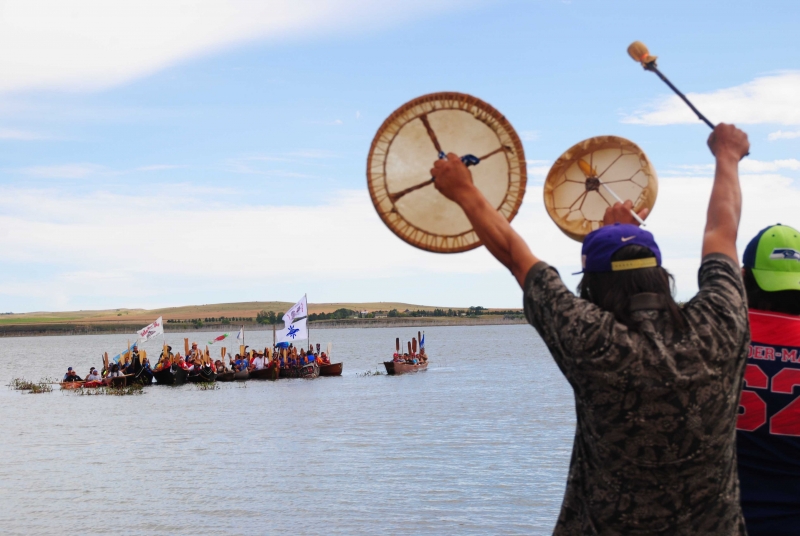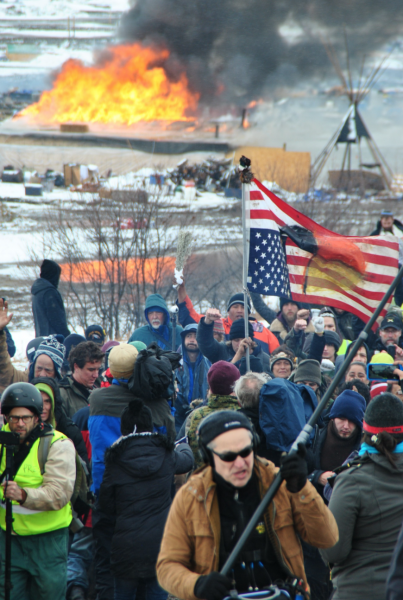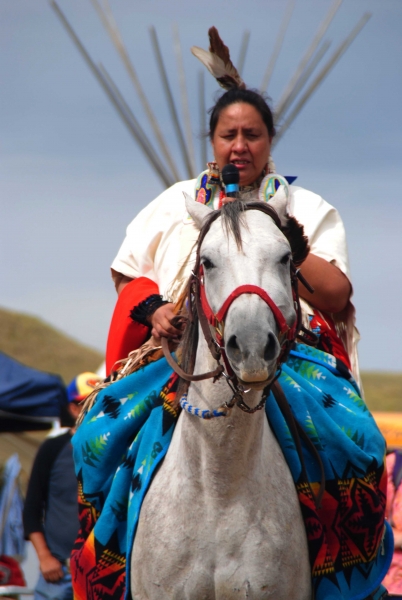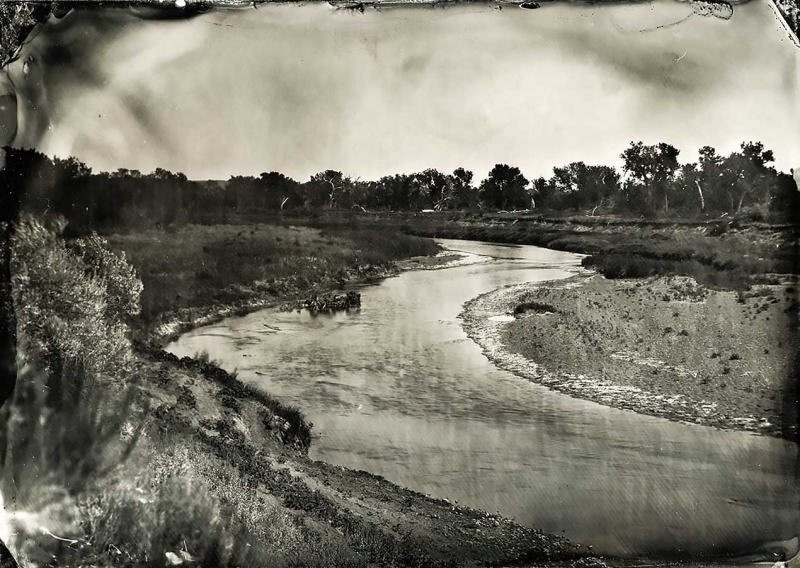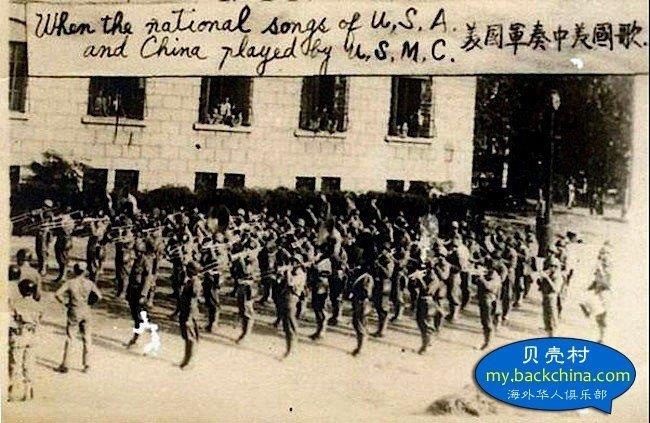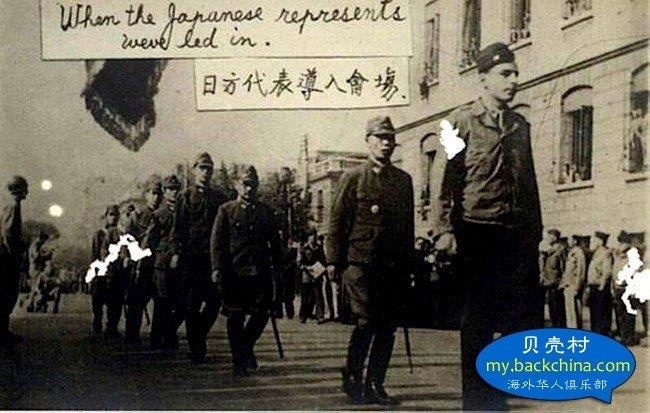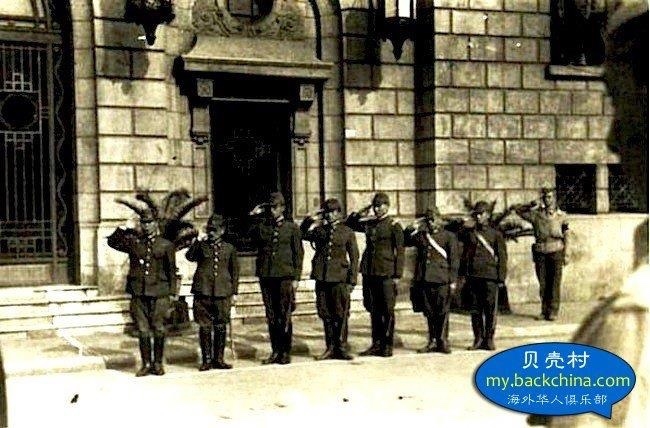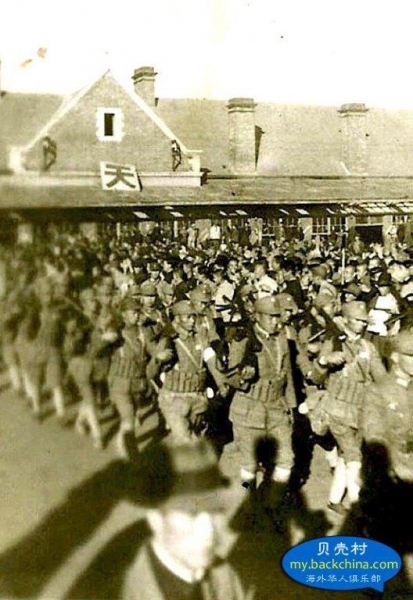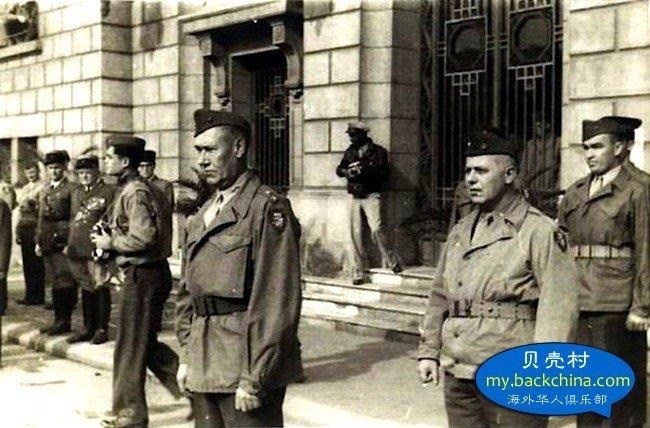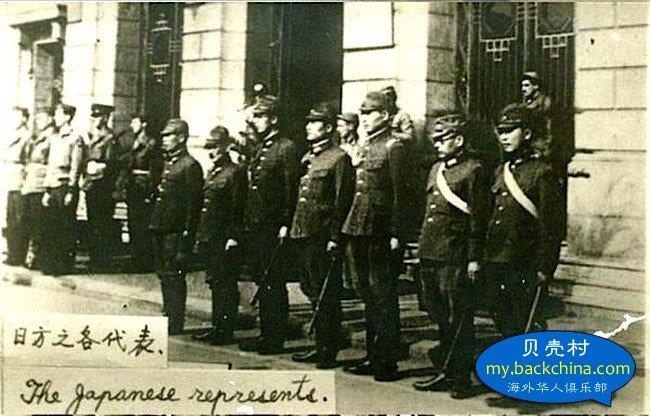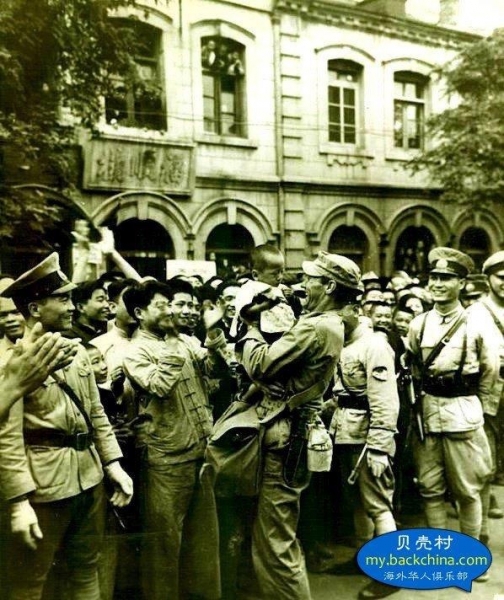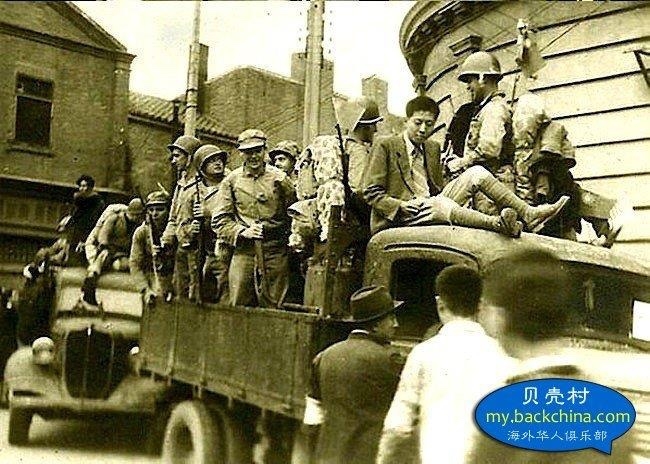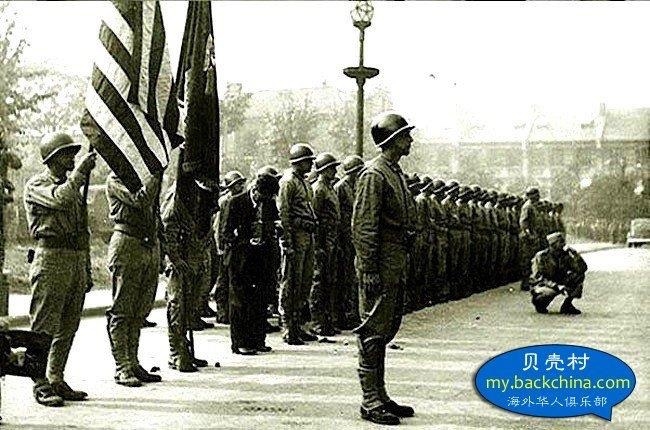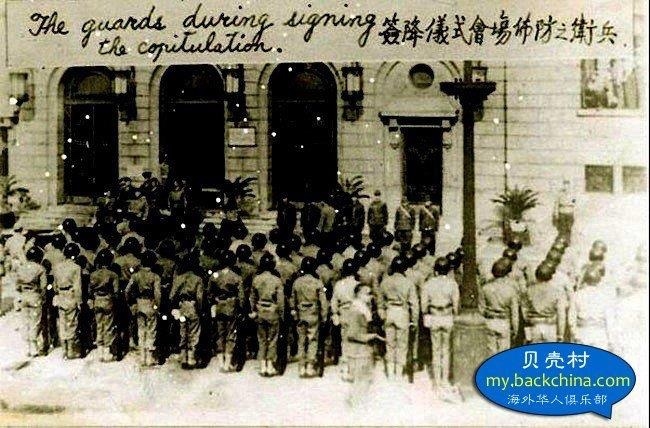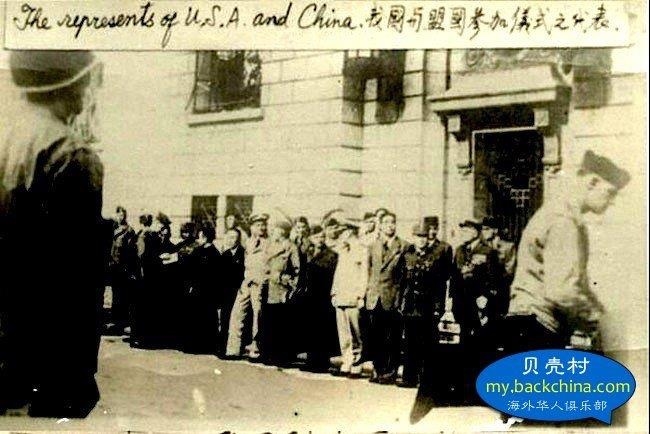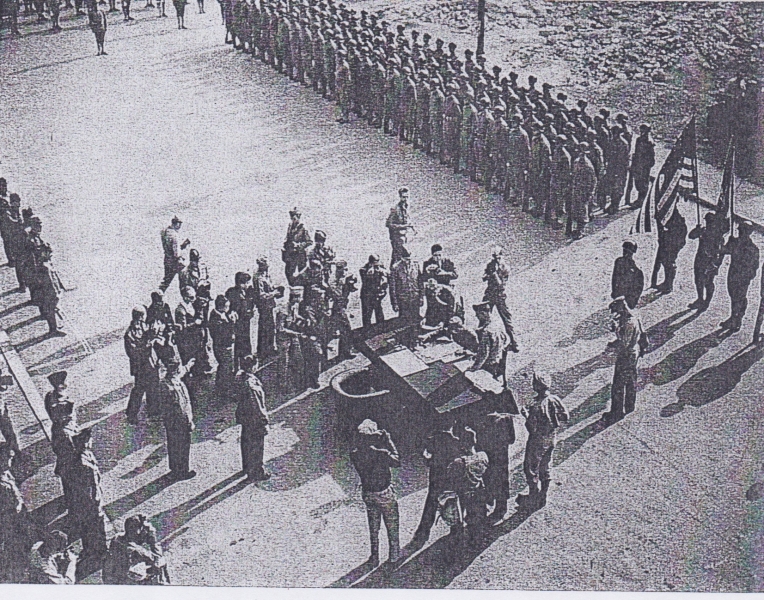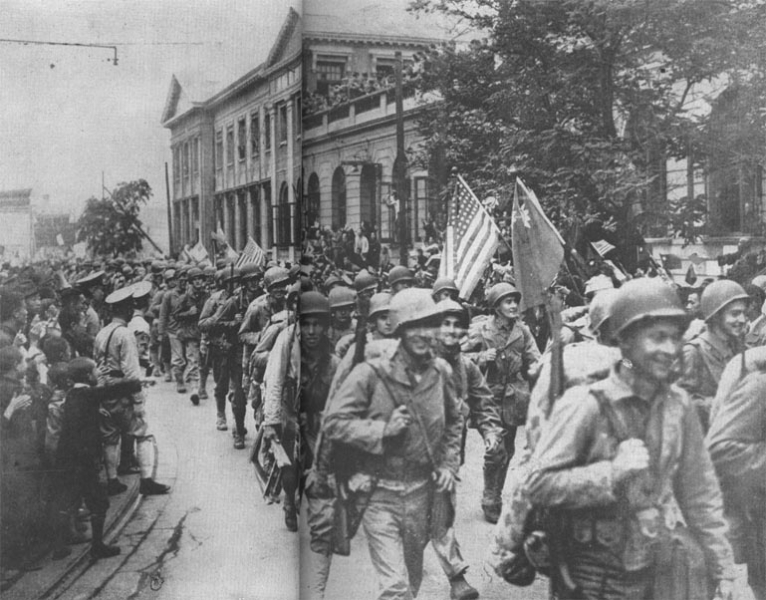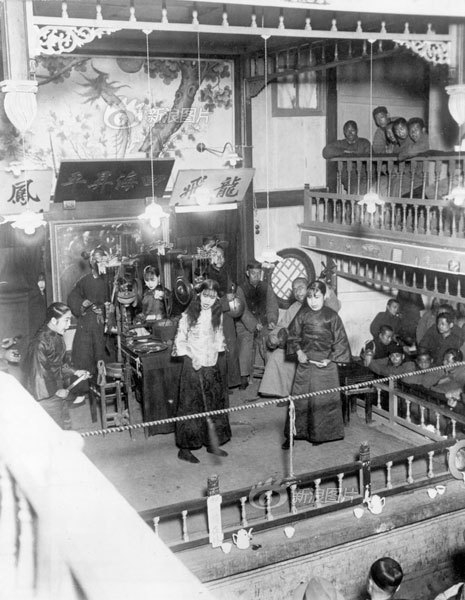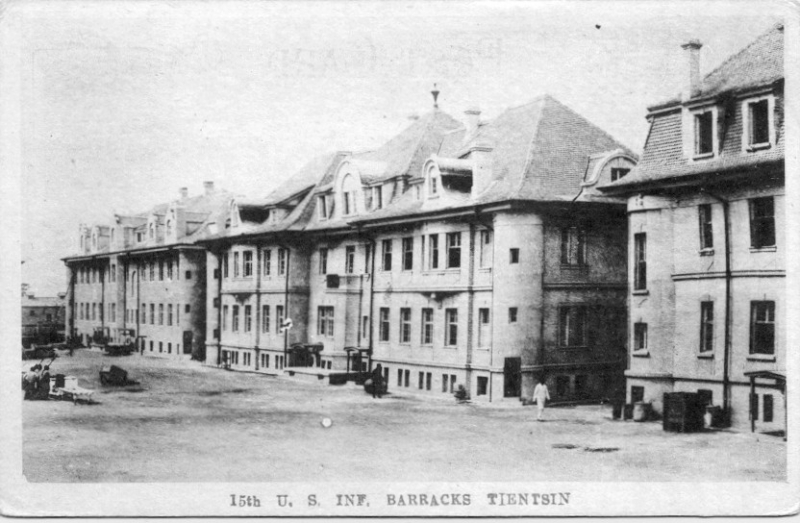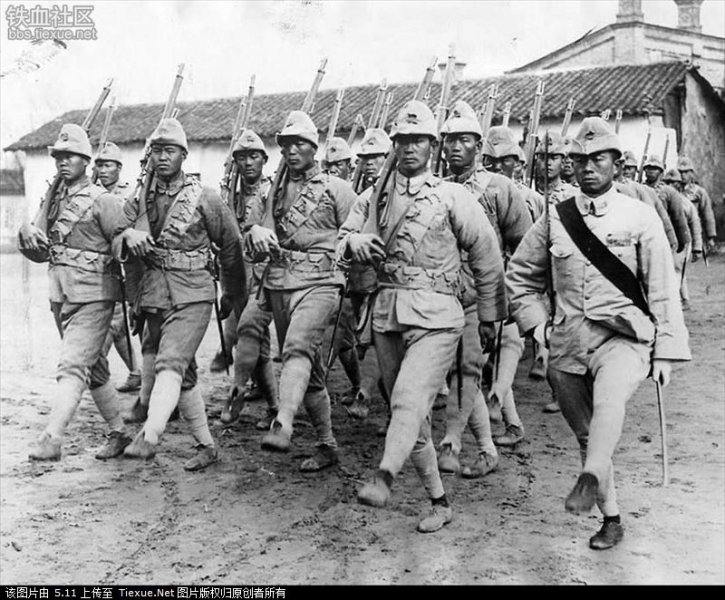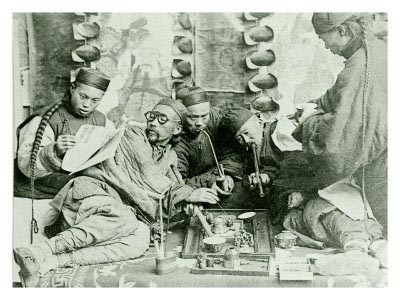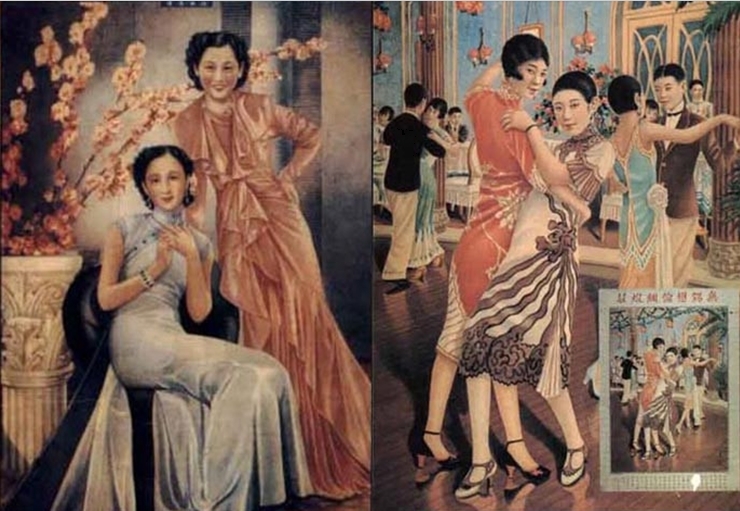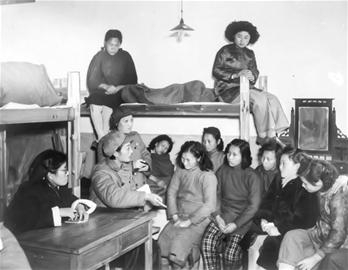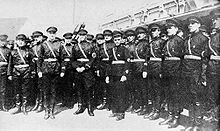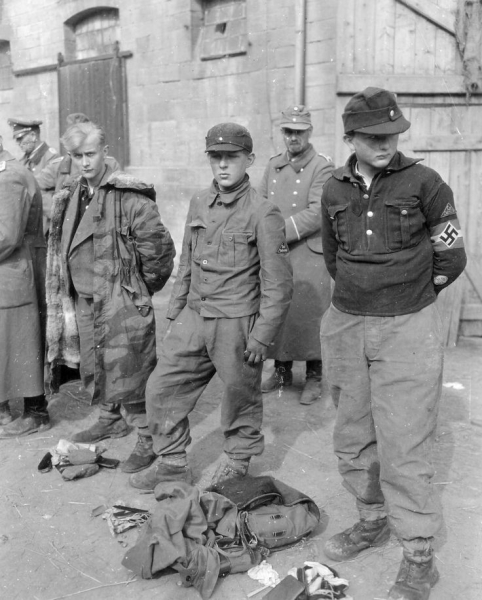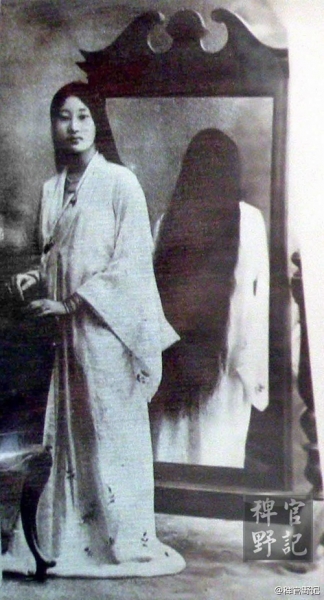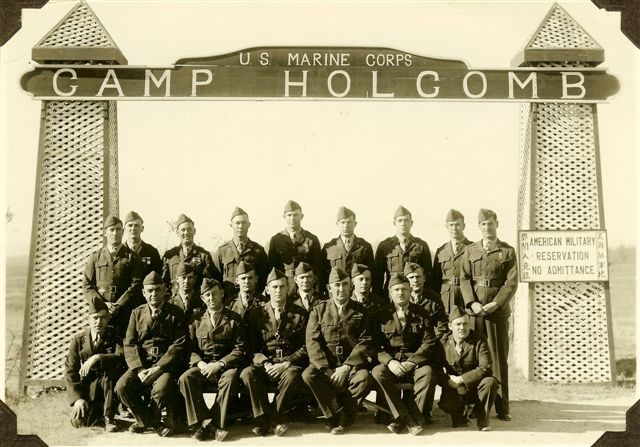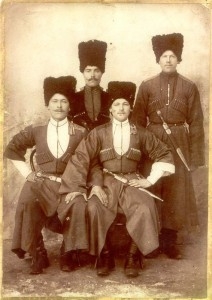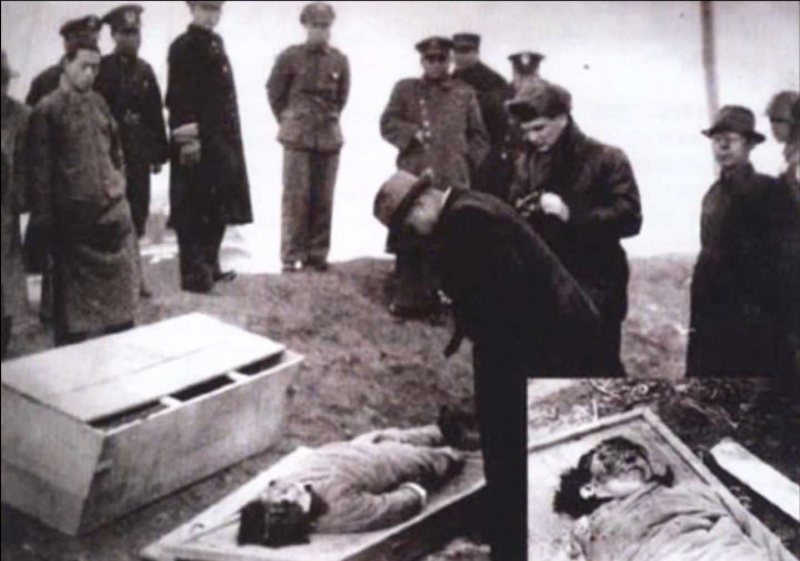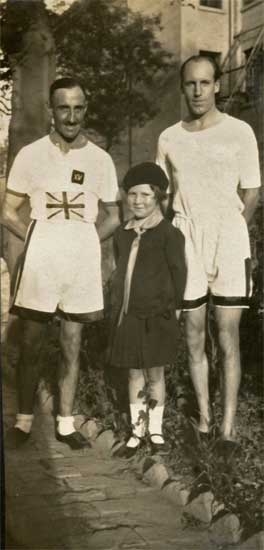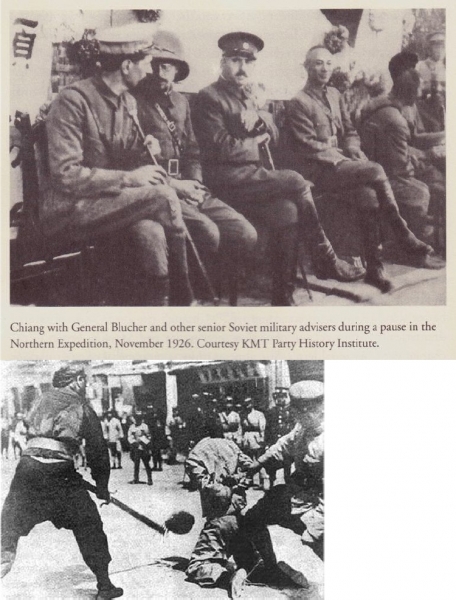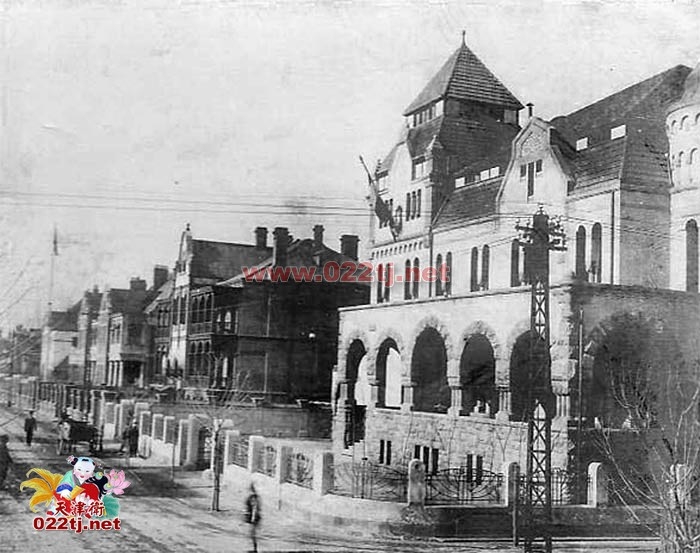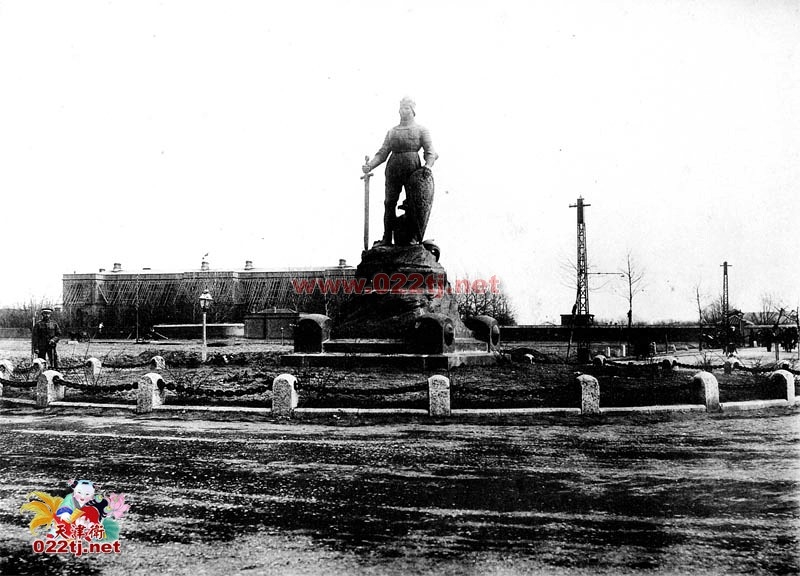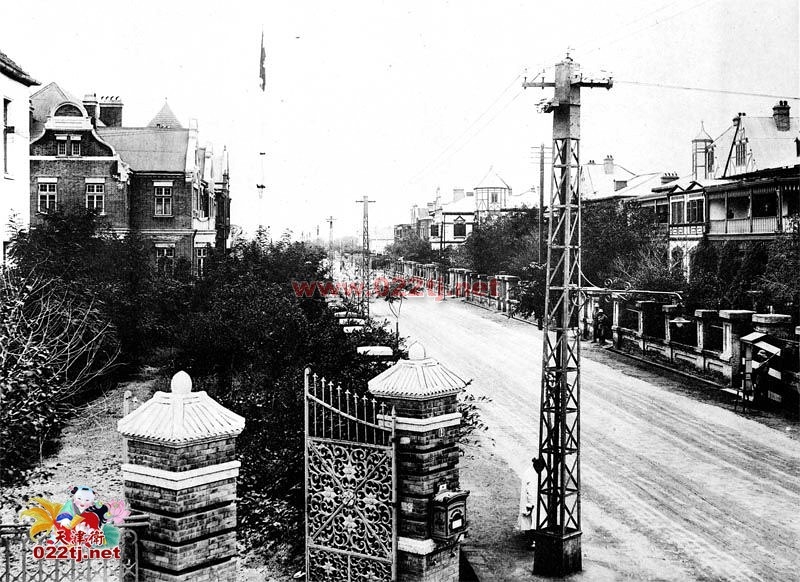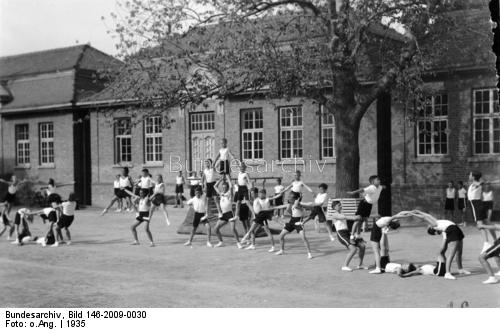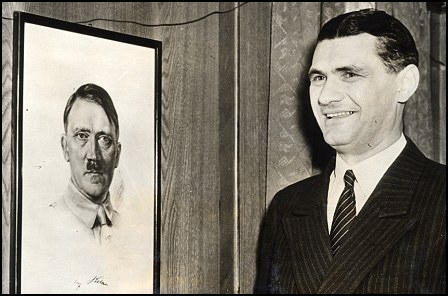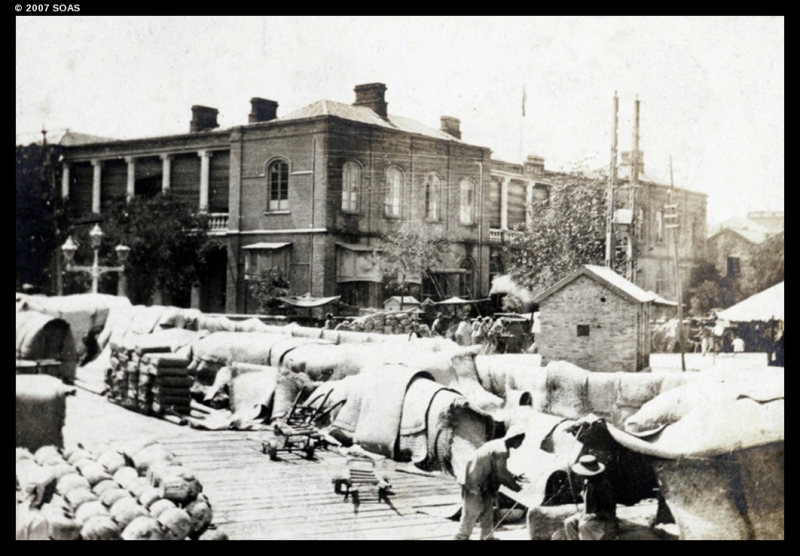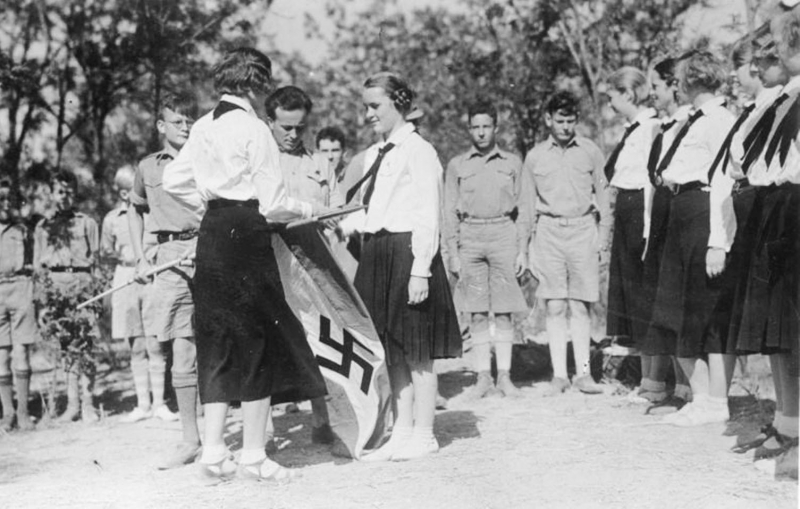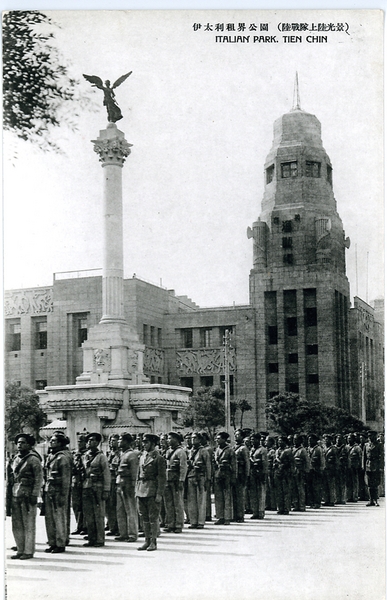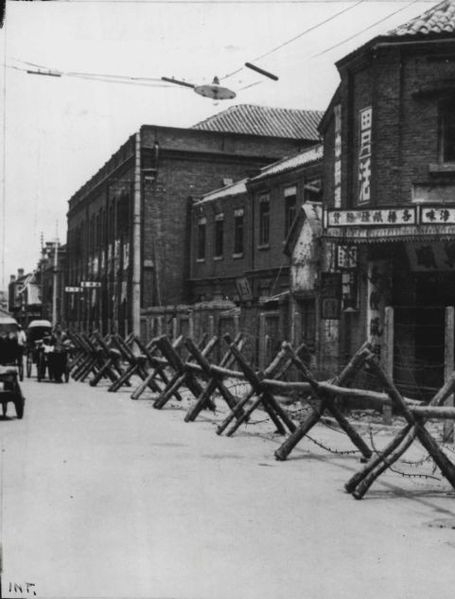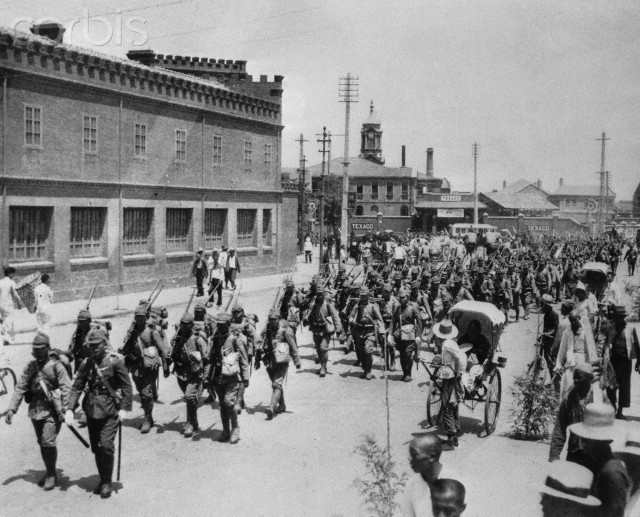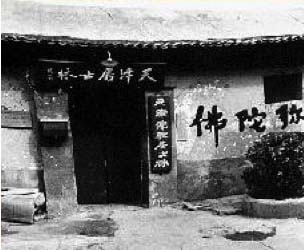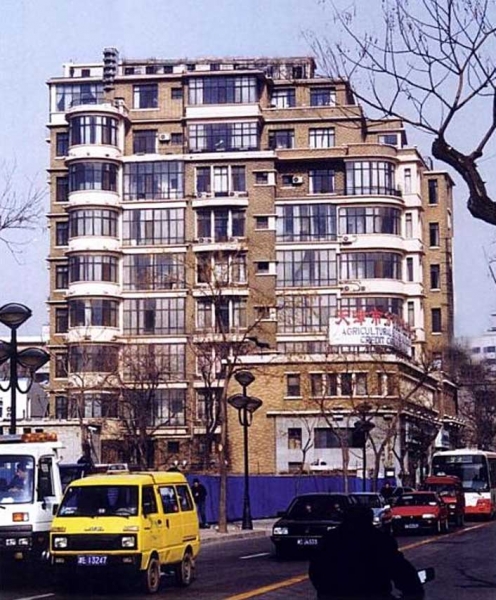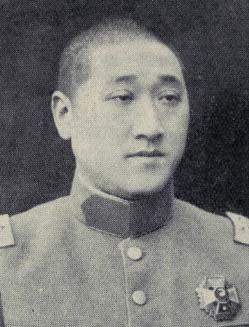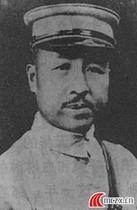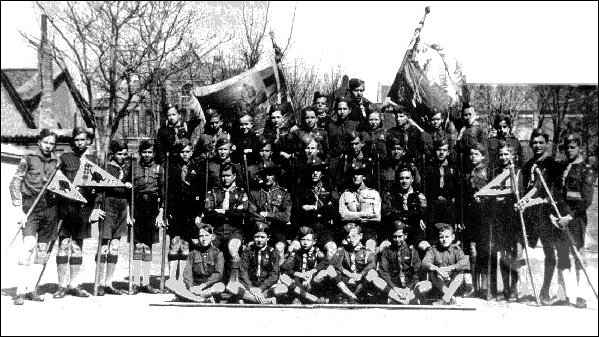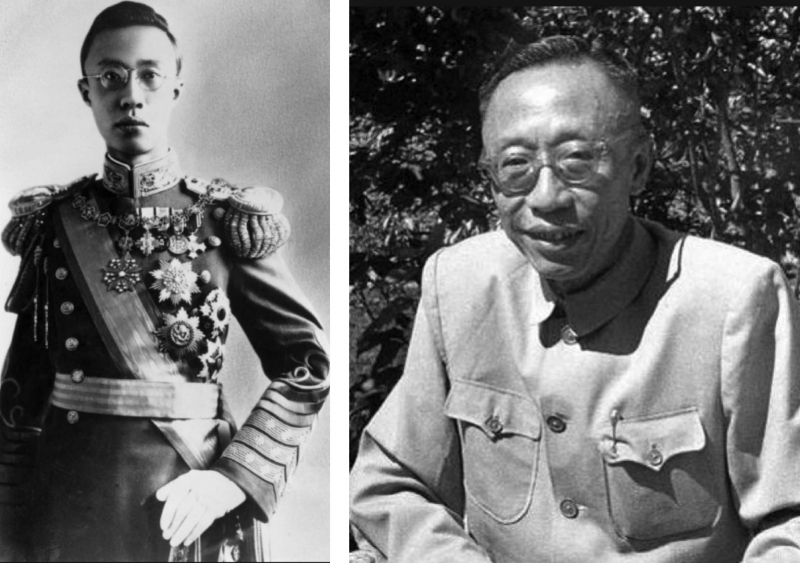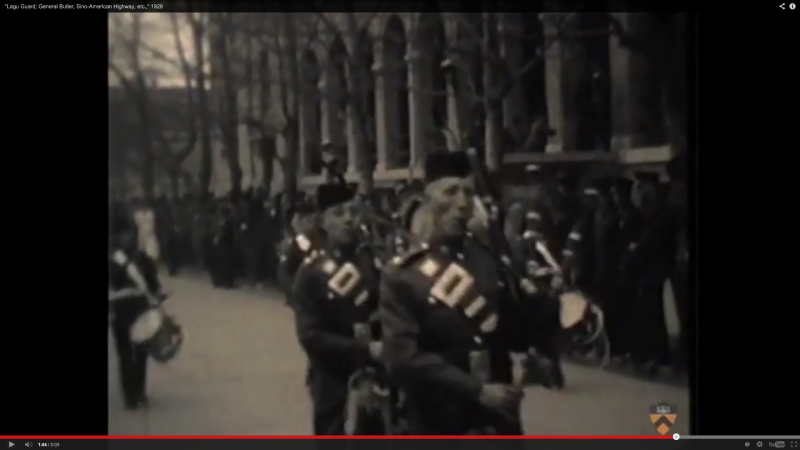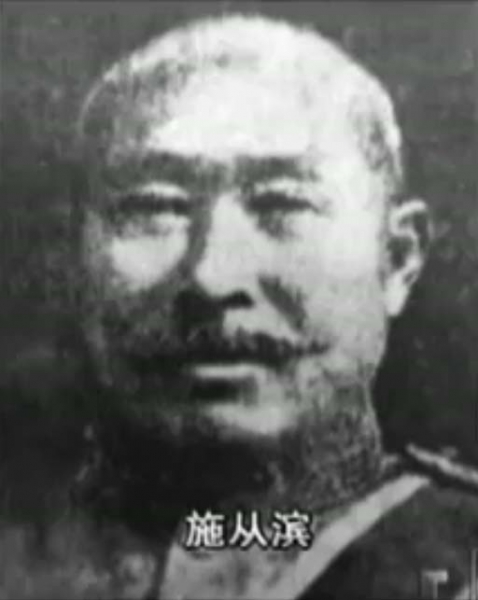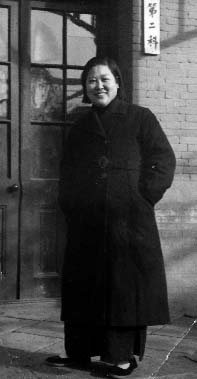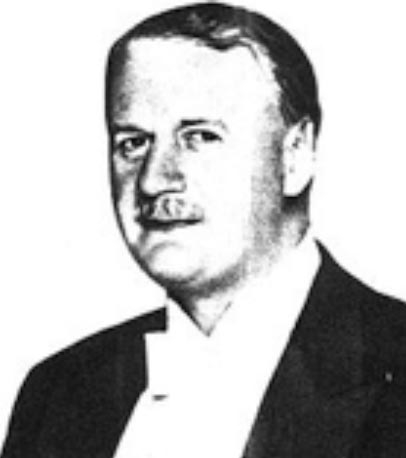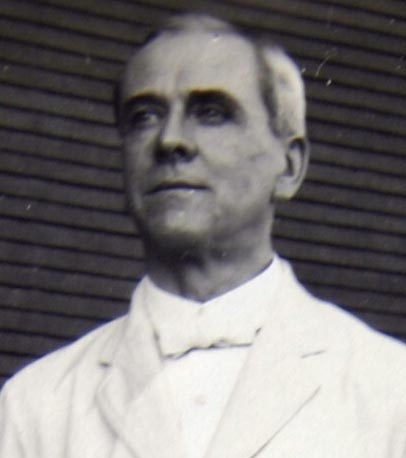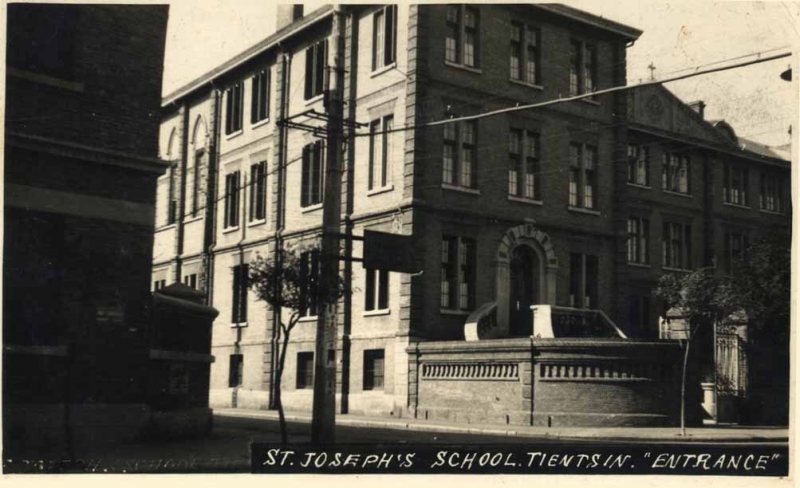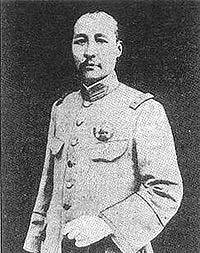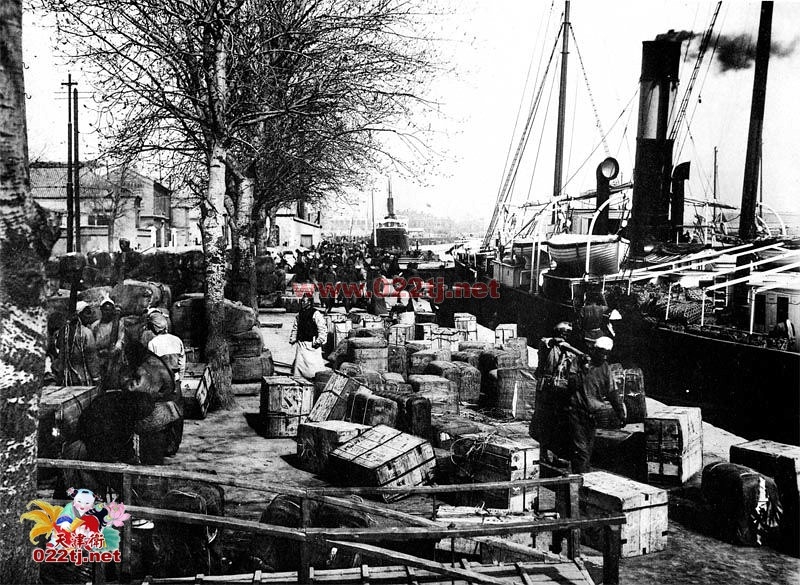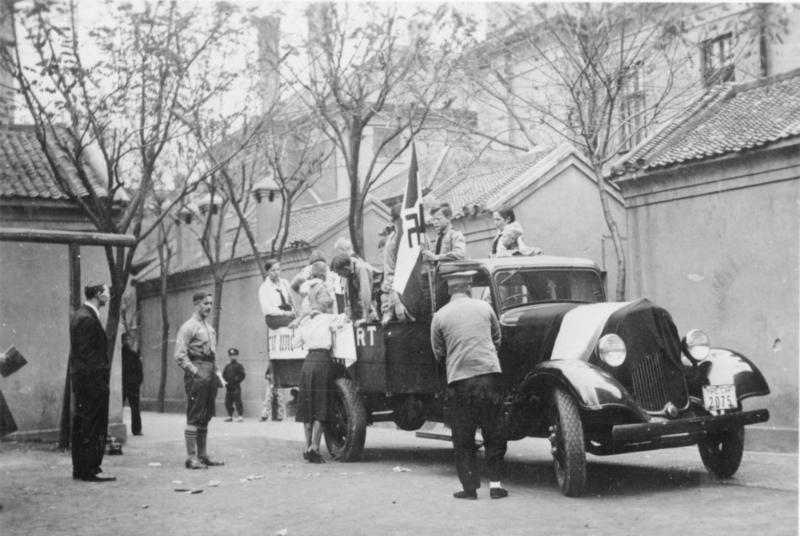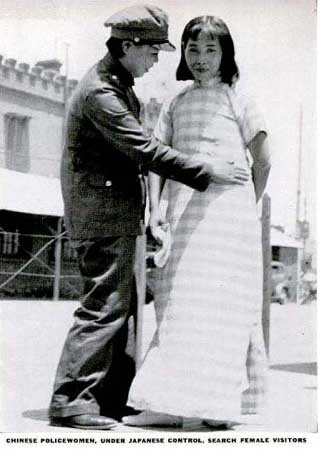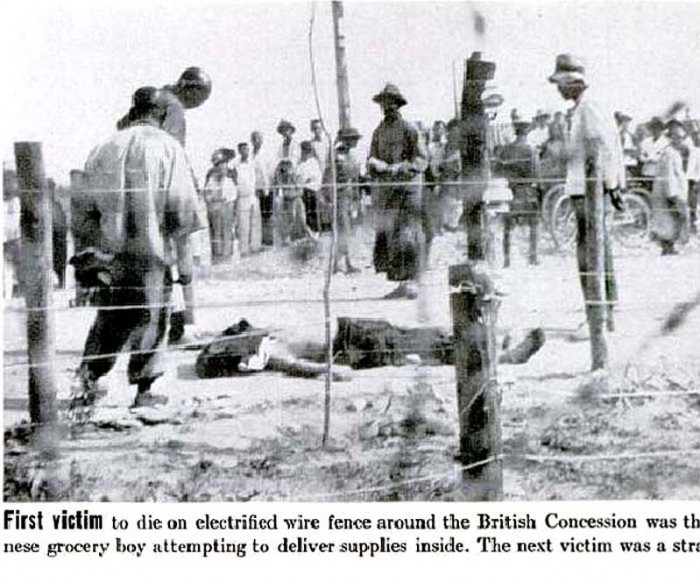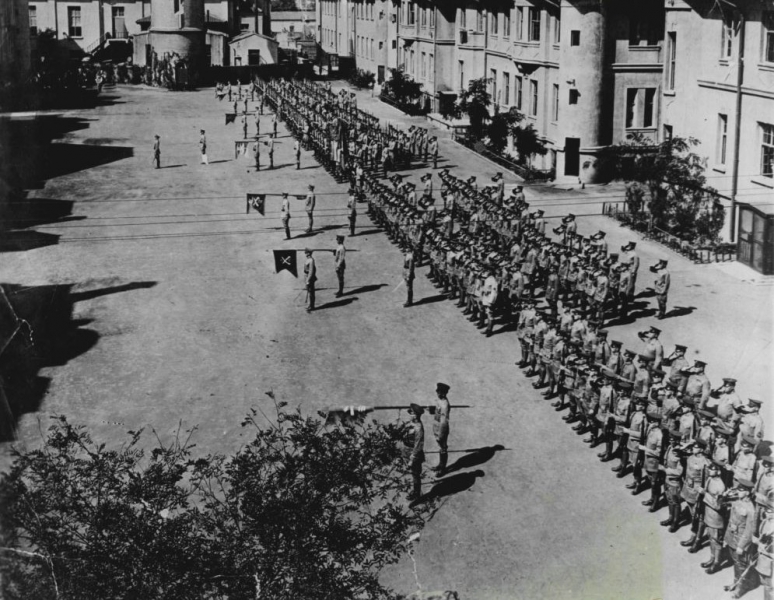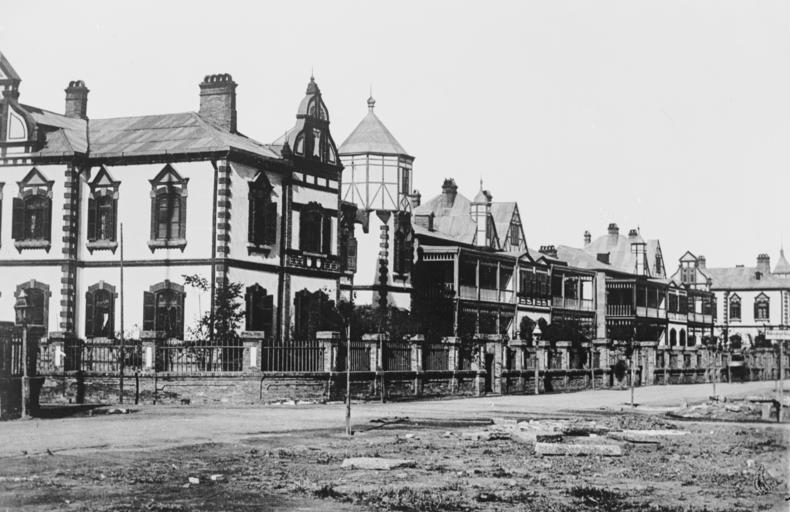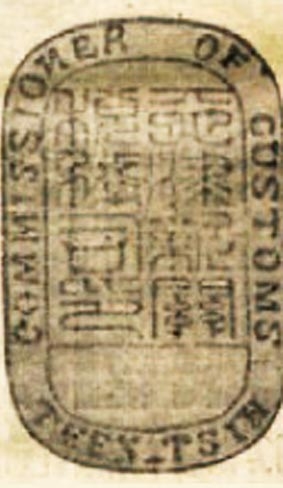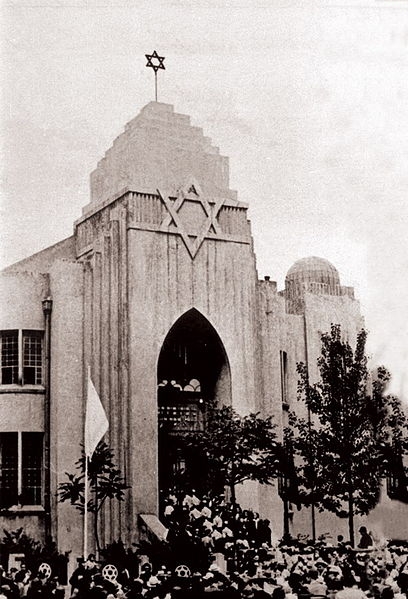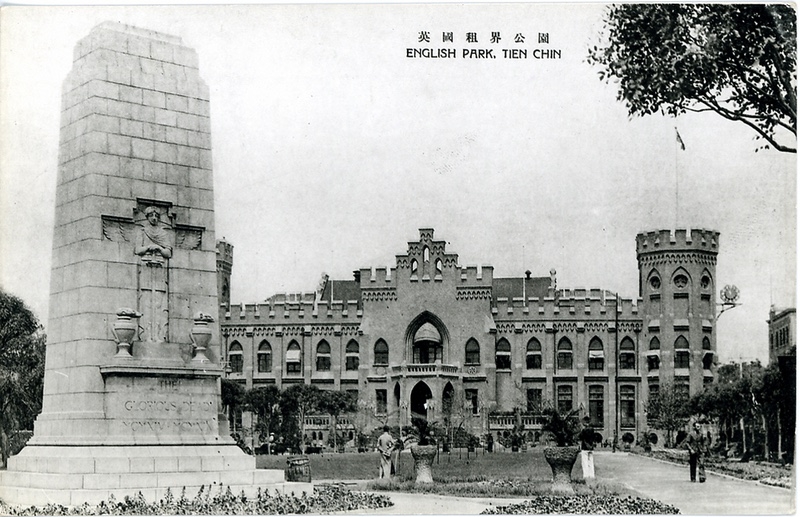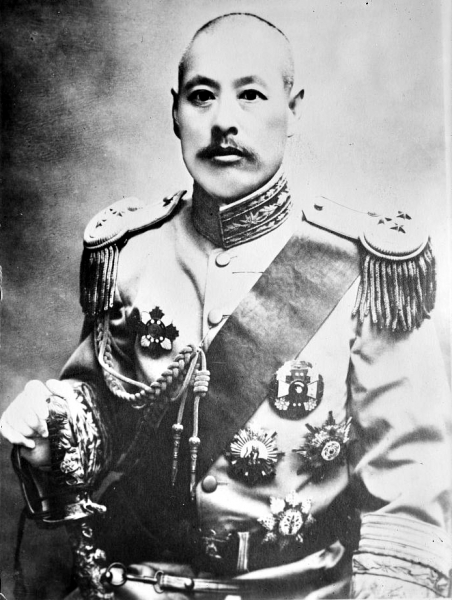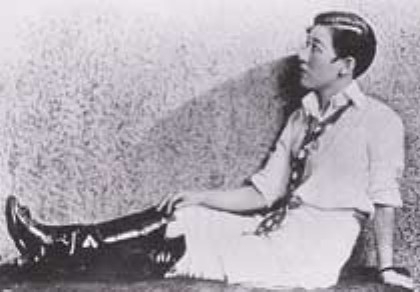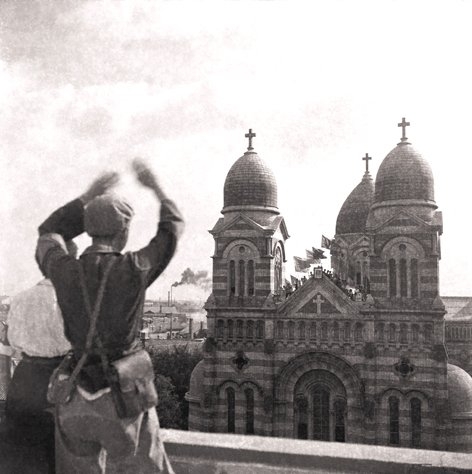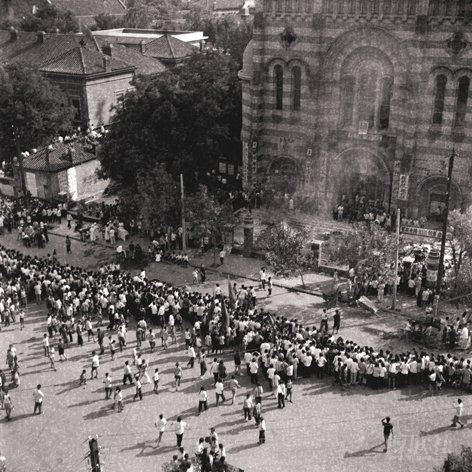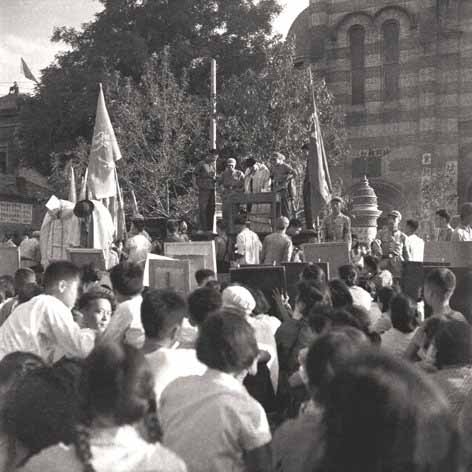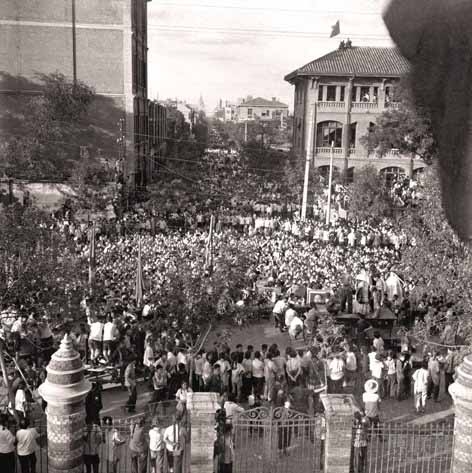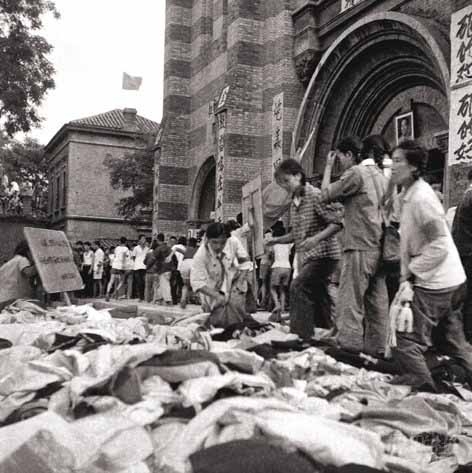Attempts to refurbish area as far back as 2010 were fruitless, area Native Americans fear retaliation
By C.S. Hagen
FARGO – Barking dogs don’t bite, but they’re noisy and excitable. The day Zebediah Gartner, an Anishinaabe from Fargo, was released from Cass County Jail after being pulled from a sweat lodge by Fargo police, the “dogs” began to bark. He received threats and derogatory statements from Fargo-Moorhead residents.
“A couple people talking nonsense but I didn’t give them the time of the day,” Gartner said. “They’re just talking crap about my mom, and talking about how stupid we are.”
Gartner, 20, is a traditional singer and drummer, performing around the Fargo-Moorhead area. The threats and derogatory statements didn’t phase him.
“I’m kind of a big guy, so it doesn’t matter to me too much. People are going to say what they’re going to say.”
Support from the community, however, has been overwhelming.
“I’ve got a lot of support, and a lot of prayers from people all over the city, a lot of people standing behind me, or next to me, and trying to help get this done in a good way, and hopefully something good will come out of this.”
People who frequent the sweat lodge, or an Inipi in the Lakota language, say they don’t feel safe anymore, and they’re hesitant to speak out from fear of retaliation, Lissa Yellow Bird-Chase, founder at Sahnish Scouts of ND, a missing persons advocate, said. She is from Standing Rock, and enrolled in the Three Affiliated Tribes Arikara, Mandan, and Hidatsa.
“Retaliation stems from what people have witnessed at the Standing Rock Camps and then now this incident at the lodge,” Yellow Bird-Chase said. “People do not trust the law. It has trickled into our communities. We feel it.”
The sweat lodge, known as Fargo City Community Sweat Lodge, is located on city-owned property in South Fargo donated to the Native American Commission. Known as the closest native structure resembling a Christian church, it has been in use as a site of healing since before 2010. A grant that was applied for at that time to spruce the area up was denied due to zoning laws and HUD restrictions, according to Native American Commission meeting minutes on March 13, 2010.
Another hurdle the Native American Commission faced in 2010 was that spirituality to Native Americans was a way of life, and not strictly a religion. Willard Yellow Bird, cultural planner for Fargo, also made public his intention of applying for grants in October 2010 for improvements.
“The Native American Commission used to have a sign designating that area,” Yellow Bird-Chase said. “When they moved the road it disappeared, we brought this to the attention of the commission, nothing was ever done. This could maybe have been prevented if they had followed through.”
Gartner was pulled from the sweat lodge Thursday night in nothing but his undershorts, he said, approximately seven hours after militarized police cleared the main camps fighting against the Dakota Access Pipeline. Gartner alleges police grabbed him, kneed him, and walked him barefoot and still sweaty in sub-freezing temperatures to awaiting police cars. A friend brought him his shoes before he spent the night at Cass County Jail, he said.

Ground Zebediah Gartner was forced to walk across barefoot in sub-freezing temperatures – photo by C.S. Hagen
Fargo Mayor Tim Mahoney said the arresting officer, J. Rued, was new to the force, and that those involved responded to an unattended fire in a field.
“It was a misunderstanding,” Mahoney said. The Fargo Police Department and area fire departments will begin cultural training courses pertaining to Native American traditions.
The area is muddy, split wood and stones for heating are piled up awaiting use. The Inipi is covered in colored blankets. Stones and a deer antler point to the opening. Two porta-potties and a white shed stand nearby the sweat lodge; the area does not resemble a hastily-made camping site, rather a place of cultural significance.
“Every time we have a sweat, they [police] drive by,” Yellow Bird-Chase said. Sometimes when police pass by they initiate their siren, but rarely leave their vehicles, she said. Some officers stop and ask how things are going, and non-native locals occasionally stand across the street to stare, calling it an eco village.
“Part of the protocol is that one of the commission members will call it in and let them know that we’re out there,” Yellow Bird-Chase said. Typically, 48-hour notice is given, she said. Yellow Bird-Chase encourages anyone to join in a sweat. “Most people are white who show up and that’s totally cool.”
In the winter, sweat ceremonies are held at most once a week, while during the warmer months sweats could occur up to several times a week. Women usually wear dresses, and the men wear swimming trunks or undershorts.
News that the city plans to shut the Inipi down for several weeks to make upgrades to the area was good news to Gartner.
“It’s good news,” Gartner said. “It’s about time the city steps in and helps out more than what they did with the little chunk of land.”
“We have been promised change before, lots of lip service,” Yellow Bird-Chase, formerly on the Sweat Lodge Committee, said. “Hopefully something good comes of this, maybe more action and not so much lip service.”




